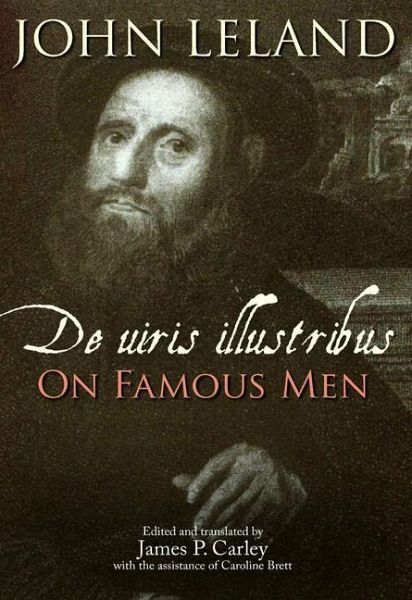
de Uiris Illustribus / On Famous Men
Versandkostenfrei!
Versandfertig in über 4 Wochen
123,99 €
inkl. MwSt.

PAYBACK Punkte
62 °P sammeln!
Equipped with some sort of commission from Henry VIII, John Leland began to record the contents of English monastic libraries in 1533 and carried on until 1536 or shortly after, when the first dissolutions occurred. His booklists were compiled in preparation for his comprehensive dictionary of British writers entitled De uiris illustribus. This remarkable document, a proto Dictionary of National Biography, lay incomplete at Leland's death. The sole extant witness is the autograph manuscript, now Oxford, Bodleian Library, MS Top. gen. c. 4. Although antiquaries made use of De uiris illustribus ...
Equipped with some sort of commission from Henry VIII, John Leland began to record the contents of English monastic libraries in 1533 and carried on until 1536 or shortly after, when the first dissolutions occurred. His booklists were compiled in preparation for his comprehensive dictionary of British writers entitled De uiris illustribus. This remarkable document, a proto Dictionary of National Biography, lay incomplete at Leland's death. The sole extant witness is the autograph manuscript, now Oxford, Bodleian Library, MS Top. gen. c. 4. Although antiquaries made use of De uiris illustribus over the next generations it did not see its way into print until 1709 when Anthony Hall produced a sometimes inaccurate edition, a significant number of passages omitted, under the title Commentarii de scriptoribus Britannicis. Hall's text has formed the basis for subsequent scholarship. Carley's new edition is based on a thorough examination of the autograph, supplemented with readings from John Bale's epitome, now Cambridge, Trinity College, MS R. 7. 15 (753). The original order of Leland's text in instances where Hall was misled by multiple accretions has been restored, and longer omitted passages have been included. This new edition establishes how unreliable and misleading Hall's was in many respects. The facing English translation seeks to capture Leland's own excitement with his project and also to convey his shifts in interpretation during the process of revision: the text mirrors in miniature the stages of the English reformation under Henry VIII. The extensive introduction provides a full history of the manuscript, examines sources, and shows the relationship of the text to Leland's booklists and other contemporary documents.



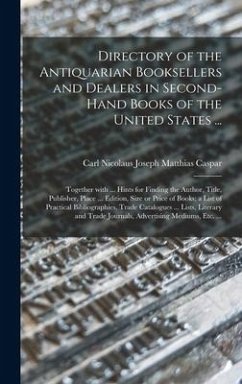

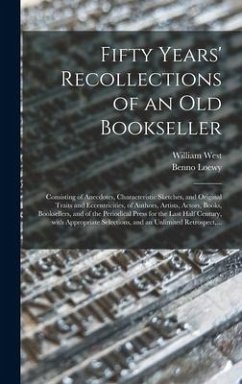
![Directory of the Antiquarian Booksellers and Dealers in Second-hand Books of the United States [microform]: Arranged, First: in a General Alphabet, Wi Cover Directory of the Antiquarian Booksellers and Dealers in Second-hand Books of the United States [microform]: Arranged, First: in a General Alphabet, Wi](https://bilder.buecher.de/produkte/66/66113/66113310n.jpg)
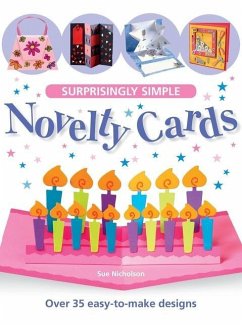
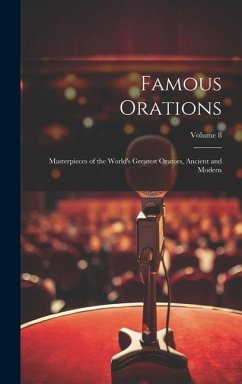
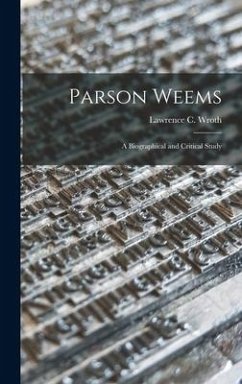
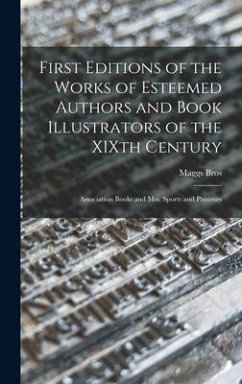

![The Fascination of Books [microform]: With Other Papers on Books & Bookselling Cover The Fascination of Books [microform]: With Other Papers on Books & Bookselling](https://bilder.buecher.de/produkte/65/65522/65522750n.jpg)